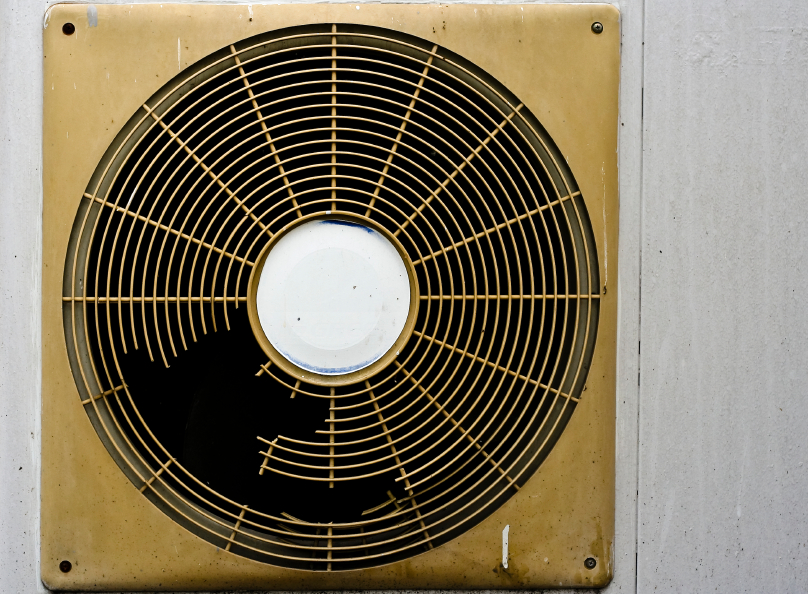
Do-it-yourself projects can be a lot of fun and, more importantly for most homeowners, they can save a lot of money. HVAC systems, however, are not the types of household systems where do-it-yourself repairs are generally advisable. Take a risk with this expensive and complex system and you may find yourself paying even bigger bills than you anticipated when you find out those repairs did more harm than good.
The Tools Are Complicated
Most people who like to take on do-it-yourself projects have a pretty simple toolkit. This makes sense, as most household repairs don’t require anything more complicated than some screwdrivers, a hammer and a level. When you get into HVAC, however, things get a lot more complex.
Repairing and maintaining HVAC systems not only requires training, but also requires some rather complicated equipment. Refrigeration gauges are just one example of the very complex types of tools that HVAC professionals have to use to accurately troubleshoot and repair systems.
Aside from the fact that they are complex tools, these are also very expensive tools. While an avid do-it-yourself enthusiast may have some pretty decent tools in their toolkit, it’s unlikely that they are going to want to shell out for very expensive, specialty tools to take care of problems that they may not be able to fix, anyway.
When you call an HVAC professional, pay attention to the types of devices they have to use to do their jobs. They are not cheap and they are not easy to use. It takes a lot of training to do this work and, if you don’t have it, you’re likely to end up causing some real harm to your HVAC system. Should you be fixing the system in a commercial space, you may find yourself in violation of building codes after having made a few handy person level repairs.
You Could Hurt or Kill Yourself
The subheading above is not an exaggeration. HVAC systems have to be installed correctly and they have to be installed by someone who understands how those systems may interact with other household systems. Take a look at DIY Life and you’ll see a great example of an HVAC repair gone wrong. In the image, a not so experienced homeowner has arranged there HVAC system so that the vent pipe on a gas water heater is positioned right next to the air return vent on their heating and cooling system. Essentially, they made a pipeline for carbon monoxide that leads right into the rest of their home.
HVAC systems are designed to be enormously safe and reliable, but that safety and reliability depends upon the proper installation and maintenance of the equipment within the system itself. If somebody who really doesn’t know what they’re doing is taking care of an HVAC system, it’s a set up for disaster.
Avoid the Expense
Particularly if you’re talking about a commercial space, any improperly done HVAC repairs mean that you’re going to end up having to call an HVAC professional to come fix the problem, anyway. Compounded by a homeowner’s attempt or a business owner’s attempt to repair the system themselves, that repair could end up being far more expensive than it should have ever been.
If you have problems with your HVAC system, call a professional to take a look at it for you. The best time to do it is as soon as you notice something doesn’t seem quite right. If it’s not cooling or not heating as well as it should, an HVAC professional may be able to isolate and fix a very simple problem for a very affordable price, which is much better than ending up paying to have your own repairs repaired by a professional.
http://www.grainger.com/category/manifold-gauge-sets/a-c-refrigeration/hvac-and-refrigeration/ecatalog/N-jni
http://www.diylife.com/2010/05/14/diy-disaster-doctor-deadly-hvac-design/